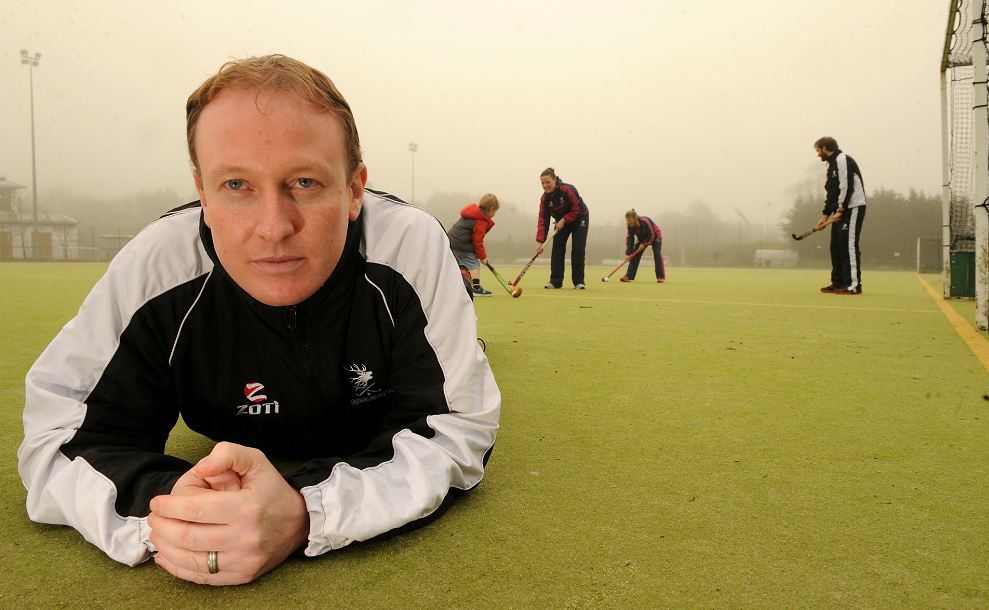A community astroturf sports pitch in Inverness has been closed indefinitely after it was branded too dangerous.
Years of wear and tear have caused flooding of the surface, which is close to the Highland Archive Centre at Bught Park.
And some of the teams which play there are warning that a prolonged closure could jeopardise their future.
They fear that the increased cost of travelling to other pitches might mean them having to fold.
The teams are now in talks with High Life Highland to resolve the issue.
The pitch was laid in 1991 and has reached the end of its lifespan. The sand-based 2G playing surface is rapidly deteriorating.
The Highland Hockey Club regularly uses the facility for home matches and training and does not have an alternative option locally for this particular playing surface.
If a solution is not found for the second half of the season between February and April, the extra away games for their four teams will heavily increase transport costs.
Ashley Woodhouse, Highland Hockey Club president, said: “If we cannot play at home then we change the club’s financial model but that does not mean we would pass this on to players and as a committee, we would have to look at ways to deal with that.
“In the worst case scenario we have a very different club but best case we can find a way to make adjustments to the pitch, which is why we want to talk to High Life Highland who have kindly recognised these problems.”
Clachnacuddin FC youth team also trains on the astroturf on Wednesday and Thursday nights but have been able to relocate to their summer pitches in Dalneigh.
Their youth coach John Beaton said: “If it is going to be long term we will be looking for some alternative but I know this will be quite difficult because getting a slot somewhere else may prove difficult.”
A spokesman for High Life Highland said: “The pitch is coming towards the end of its life and because of recent wet weather there is sludge or mud washing on to the surface, which makes it very slippy. The problem is that it needs to be dried out first before the surface can be dealt with.
“It is really from a safety point of view that this has been decided and longer term we are working with the council to try and find a way to replace it.”
